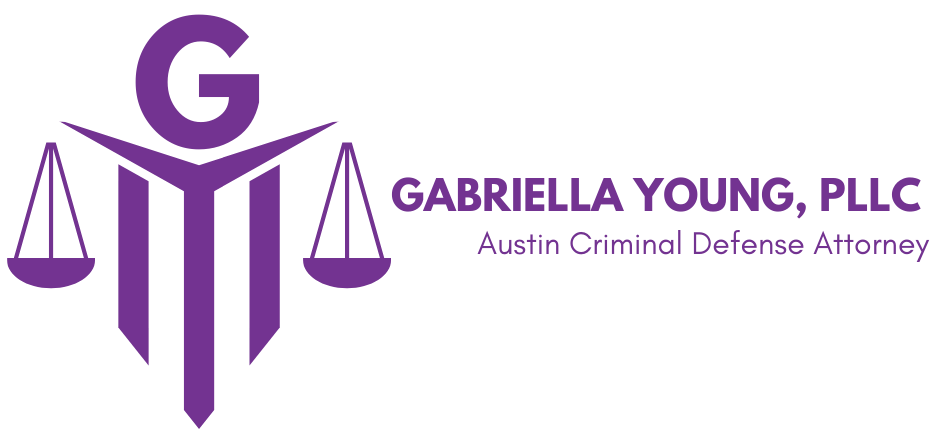Delivery Of A Controlled Substance Texas:
When it comes to the state of Texas, all types of drug crimes are taken extremely seriously. Anyone who may potentially be facing criminal charges involving controlled substances will always run the risk of penalties such as a long prison sentence, expensive fines, and so much more. When it comes to cases involving drug crimes, the penalties can vary solely depending on if an individual has been accused of simple possession of a controlled substance or if they have distributed, sold, or transferred said substance to someone else.
In terms of drug possession, the state of Texas officially defines this as “the actual care, custody, control, or management of a controlled substance.” These sorts of charges are generally based on drugs that are found in an individual’s possession, as well as in their vehicle or home. When it comes to the penalties for drug possession, these will depend on both the amount and type of substance that’s involved. For instance, being found in possession of less than a single gram of substances such as cocaine, heroin, or methamphetamines is considered to be a state jail felony. This carries a prison sentence totaling between 180 days and two years. On the other hand, possessing higher amounts of these types of substances is something that can result in felony charges of a more serious nature being handed down, such as longer jail sentences.
When it comes to drug delivery, which is also commonly referred to as either drug trafficking or drug distribution, this is a type of drug crime that is treated much more seriously in the state of Texas, as the charges involved result in penalties that are much more severe in nature. Texas state law mandates that drug delivery involves “transferring a controlled substance to someone else or offering to sell drugs to someone.” Many instances can involve possessing large amounts of controlled substances serving as an indication that an individual has an intention to both sell and distribute those substances to someone else. In terms of the penalties that are involved with drug delivery, these also depend on the specific amount and type of drugs that are involved – similar to drug possession. For instance, delivery of more than a single ounce of substances such as cocaine, heroin, or other similar drugs that are included as part of Penalty Group 1 is considered to be a second-degree felony. This is a crime that carries a penalty of a two year to 20 year jail sentence. If larger amounts are involved, this will result in higher felony charges, which means potentially longer jail sentences. Furthermore, federal charge may also apply as well, especially if the charges involve trafficking drugs across either state lines or international borders, which would result in the Drug Enforcement Administration or other federal agencies being called in to assist with the case. Federal charges are much more severe than charges of a more state-level nature, and convictions can potentially result in a mandatory minimum federal prison sentence.

